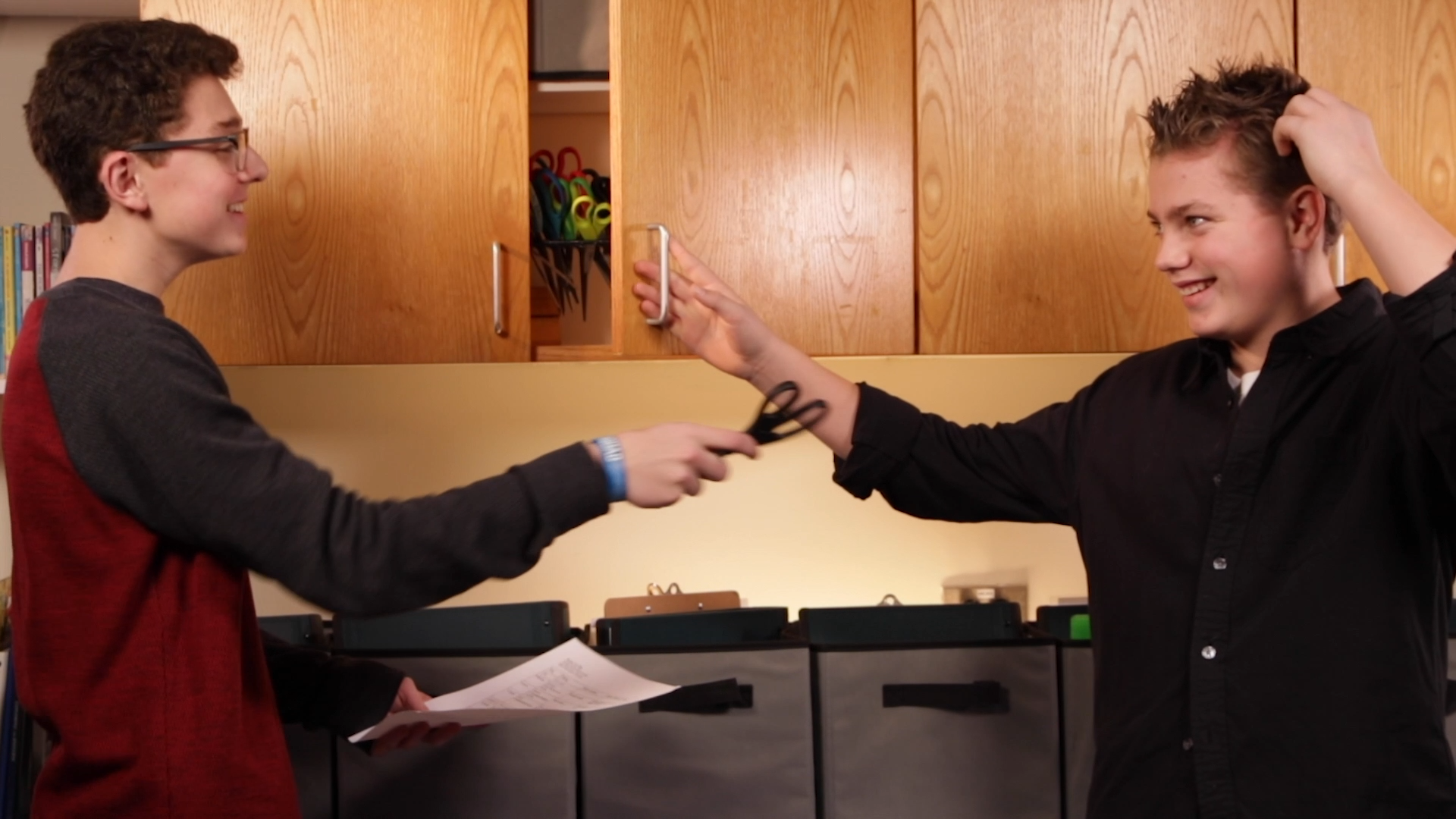Introduction
Understanding humor is an essential social skill that plays a vital role in building and maintaining relationships. For students in Special Education, recognizing humor and knowing when someone is trying to be funny can help them feel included and connected with their peers. This blog post will discuss different types of humor and provide a no-prep activity to help educators teach this essential skill. We will also share discussion questions, related skills, and next steps to support students’ social-emotional learning.
No-Prep Activity: Humor Detective
In this activity, the educator will play a series of short, age-appropriate video clips featuring various types of humor, such as sarcasm, funny stories, friendly teasing, and self-deprecating humor. The students’ task is to identify the type of humor used in each clip. This activity requires no preparation or materials, aside from access to a device for playing the video clips.
- Play the first video clip for the students.
- After watching the clip, ask the students to identify the type of humor used.
- Discuss the clip as a group, focusing on the key elements that make it funny or surprising.
- Repeat the process with additional video clips, covering different types of humor.
This activity will help students practice identifying humor types and understanding the underlying elements that make something funny. It also encourages them to actively engage in discussions about humor and social interactions.
Discussion Questions
- Why is understanding humor important for building and maintaining relationships?
- How can recognizing different types of humor help us feel more included in social situations?
- What are some strategies we can use if we don’t find someone’s humor funny, but we want to show good social manners?
- How can humor help us bond with our friends and peers?
- What challenges might students in Special Education face when trying to understand humor, and how can educators support them?
Related Skills
Besides understanding humor, there are other essential social-emotional skills that can benefit students in Special Education. Some of these skills include:
- Empathy: Understanding and sharing the feelings of others.
- Active listening: Paying close attention to what others are saying and responding thoughtfully.
- Nonverbal communication: Interpreting body language, facial expressions, and tone of voice to better understand social cues.
- Conflict resolution: Addressing disagreements and finding solutions that benefit everyone involved.
Next Steps
Understanding humor is just one of many social-emotional skills that can significantly impact students in Special Education. To further support your students, consider exploring additional resources and activities. Sign up for free samples of skill-building materials from Everyday Speech to help your students develop these essential skills and thrive in their social interactions.






